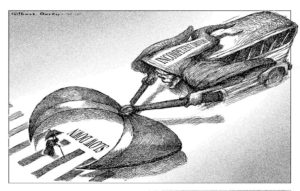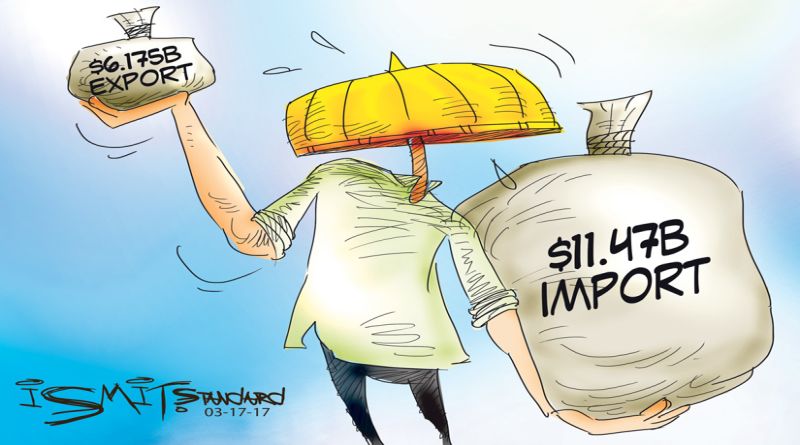The China card
President Rodrigo Duterte’s pivotal shift to China is reaping dividends in the economic front. Chinese businessmen on Wednesday signed an agreement to purchase $1.7 billion worth of Philippine goods such as fruits, fisheries, chemicals and mineral products, as a follow-up to Duterte’s landmark visit to China in October.
The pledge to buy more Philippine products on top of current shipments to China is long overdue on the part of the world’s second-biggest economy. The trade between the countries is lopsided in favor of China. The Philippines exported $6.175 billion worth of goods to China while importing $11.47 billion worth in 2015.
China Ambassador to the Philippines Zhao Jianhua acknowledged the trade imbalance, noting that it was the first time China asked its businessmen to directly purchase goods from another country. The arrangement is the first-of-its-kind in Southeast Asia.
Having China as a major trading partner is obviously a big advantage to the Philippines. China’s huge population is an attractive market, especially for Filipino farmers. China this early has expressed interest to buy durian, avocado, banana, pineapple, coconut, mango, dragon fruit, mangosteen, marang, cacao, rice and coffee from the Philippines.
Meeting the market demand of China, however, will not be easy given the weak state of Philippine agriculture and poor infrastructure in the rural areas. The Philippines has not built a modern agriculture sector that can match the efficiency and production levels of Thailand.
Fishermen in the countryside, for instance, are forced to sell their produce to the middlemen due to the lack of storage facilities, hampering their productivity. The lack of practical credit facilities to fund agricultural operations has remained a problem, while farm-to-market roads are not that developed to encourage increased production.
President Duterte should revisit the agriculture sector and make it a priority to modernize the country’s farming methods. The Philippines could waste the trade opportunity if it fails to deliver the goods that China has ordered.














